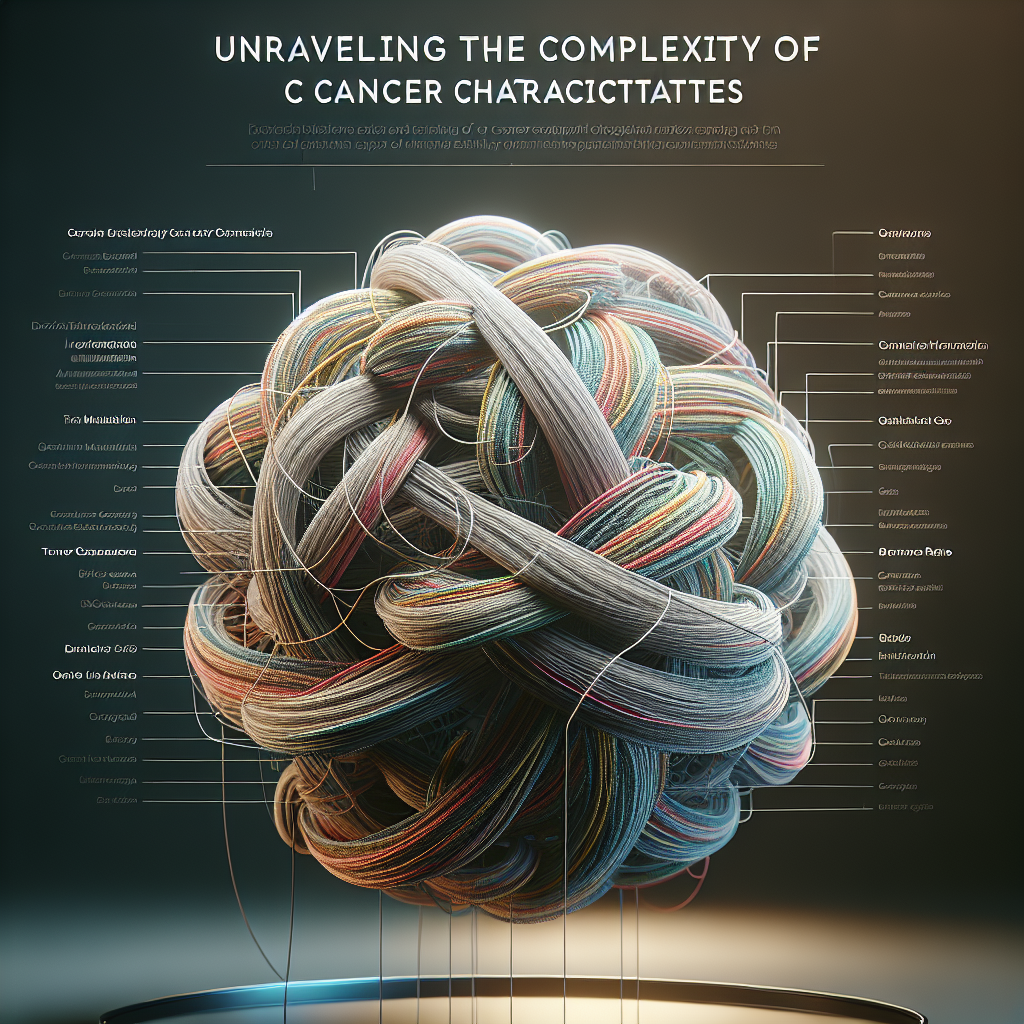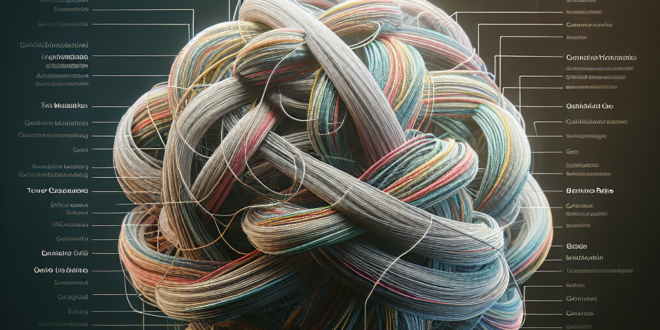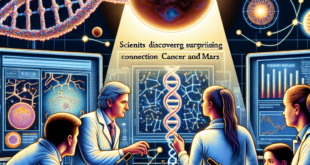Cancer is a complex and heterogeneous disease that affects millions of people worldwide every year. While researchers have made significant advancements in understanding and treating cancer, there is still much to learn about the characteristics of different types of cancer.
One of the challenges in unraveling the complexity of cancer characteristics is the inherent diversity of the disease. Cancer can arise in almost any tissue or organ in the body, and each type of cancer has its own unique set of characteristics. For example, breast cancer is different from lung cancer, and skin cancer is different from colon cancer. Additionally, even within the same type of cancer, there can be significant variability in terms of genetic mutations, tumor behavior, and response to treatment.
Another factor that adds to the complexity of cancer characteristics is the presence of cancer stem cells. These cells have the ability to self-renew and differentiate into multiple cell types, making them resistant to conventional cancer therapies. Cancer stem cells are believed to be responsible for treatment resistance, tumor recurrence, and metastasis, making them an important target for cancer researchers.
In recent years, advancements in technology have allowed researchers to delve deeper into the molecular and genetic characteristics of cancer. This has led to the identification of specific genetic mutations and molecular pathways that drive cancer development and progression. Understanding these underlying mechanisms has paved the way for personalized cancer treatments that target specific genetic abnormalities in individual patients.
Furthermore, the tumor microenvironment plays a crucial role in cancer progression and treatment resistance. The tumor microenvironment is composed of various cell types, including immune cells, fibroblasts, and blood vessels, that interact with cancer cells and influence their behavior. By studying the interactions between cancer cells and the tumor microenvironment, researchers can gain insights into the factors that promote tumor growth and metastasis.
Overall, unraveling the complexity of cancer characteristics requires a multidisciplinary approach that incorporates genetics, molecular biology, immunology, and systems biology. By leveraging the power of advanced technologies and collaborative research efforts, scientists are making significant strides in understanding the underlying mechanisms of cancer and developing more effective treatments for this deadly disease. While there is still much work to be done, the future looks promising for unraveling the complexity of cancer characteristics and improving outcomes for cancer patients.

 Daily Horoscope Weekly Horoscope Monthly Forecast Love Career Life Astrology
Daily Horoscope Weekly Horoscope Monthly Forecast Love Career Life Astrology




